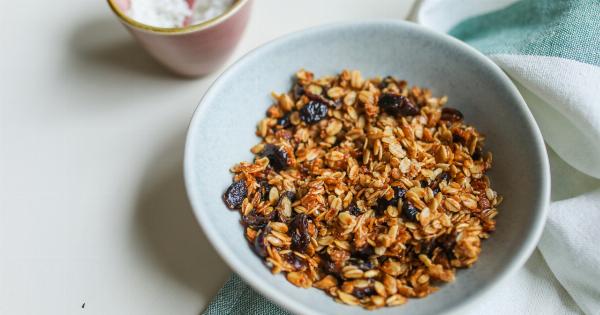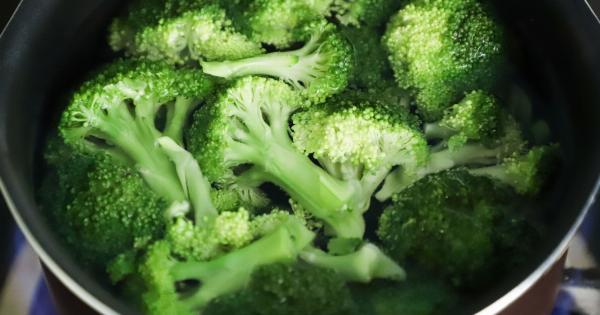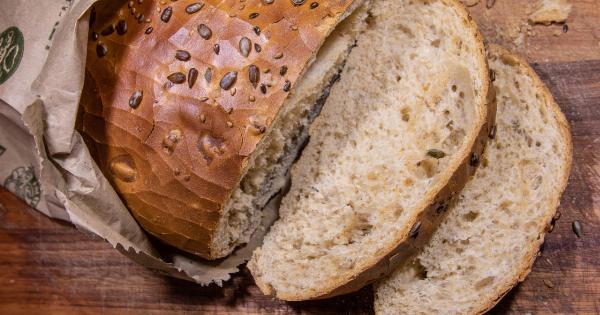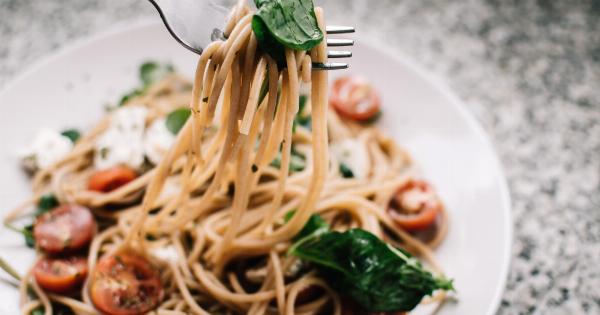When it comes to following a low-carb diet, one of the top concerns is carefully choosing the right foods to include in your meals.
Bananas are often considered a staple fruit in many households due to their taste, convenience, and nutritional benefits, but are they a good choice for a low-carb diet? Let’s take a closer look at the carb content of bananas and how they can fit into a low-carb meal plan.
Understanding the Carb Content of Bananas
Bananas are packed with essential vitamins, minerals, and dietary fiber, making them a popular choice among fruit lovers. However, when it comes to low-carb diets, the high carbohydrate content in bananas can be a potential concern.
On average, a medium-sized banana contains around 27 grams of carbohydrates, with the majority coming from natural sugars.
While the natural sugars in bananas are healthier alternatives than refined sugars found in processed foods, they still contribute to overall carbohydrate intake.
Therefore, it’s important to keep track of your carb consumption when incorporating bananas into a low-carb meal plan.
The Nutritional Benefits of Bananas
Despite their higher carb content, bananas offer numerous nutritional benefits that make them a valuable addition to any diet. Here are some key nutrients found in bananas:.
- Potassium: Bananas are rich in potassium, which plays a crucial role in maintaining healthy blood pressure levels, proper muscle function, and supporting overall heart health.
- Vitamin C: This powerful antioxidant enhances immune function, promotes healthy skin, and aids in collagen production.
- Fiber: Bananas contain both soluble and insoluble fiber, which support digestive health, aid in regulating blood sugar levels, and promote a feeling of fullness.
- Vitamin B6: Essential for brain development and function, vitamin B6 found in bananas also helps convert food into energy.
- Manganese: This mineral contributes to the healthy functioning of various enzymes and supports bone health.
Given the abundance of these beneficial nutrients, incorporating bananas into a low-carb diet in moderation can still offer significant health benefits.
Tips for Incorporating Bananas into a Low-Carb Meal Plan
If you’re following a low-carb diet but still wish to enjoy the taste and nutritional benefits of bananas, here are some tips to make it work:.
1. Pay attention to serving size:
Since the carb content in bananas can add up quickly, it’s important to be mindful of portion sizes. Opt for smaller bananas or consider cutting a larger banana in half to reduce the carb intake.
2. Pair with low-carb foods:
Combining bananas with low-carb foods can help balance out the overall carb content of your meal.
For example, adding a tablespoon of almond butter or Greek yogurt to a banana can add protein and healthy fats, which slow down the digestion process and minimize blood sugar spikes.
3. Include in pre- and post-workout meals:
For individuals who engage in regular physical activity, bananas can be a great option for providing quick energy.
Consuming a small banana before or after a workout can help replenish glycogen stores without significantly affecting overall carb consumption.
4. Choose greener bananas:
Green or unripe bananas tend to have a lower glycemic index compared to riper bananas. This means that they have a slower impact on blood sugar levels, making them more suitable for individuals following a low-carb diet.
5. Consider other low-carb fruit alternatives:
If you find that bananas don’t align with your low-carb goals, don’t worry! There are plenty of other low-carb fruit options available such as berries (strawberries, raspberries, blackberries), avocados, and tomatoes.
These fruits offer great taste and nutritional benefits while keeping your carb intake in check.
Conclusion
While bananas are not typically considered a standard low-carb food due to their higher carb content, they can still be enjoyed in moderation as part of a well-balanced diet.
The key is to be aware of portion sizes and consider your overall carb intake from other food sources throughout the day. Bananas offer a wide array of essential nutrients that contribute to overall health and well-being.
By making conscious choices and incorporating bananas strategically into your low-carb meal plan, you can enjoy their taste and nutritional benefits while still achieving your dietary goals.





























